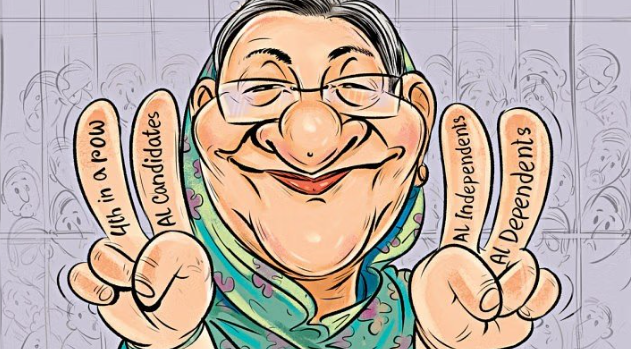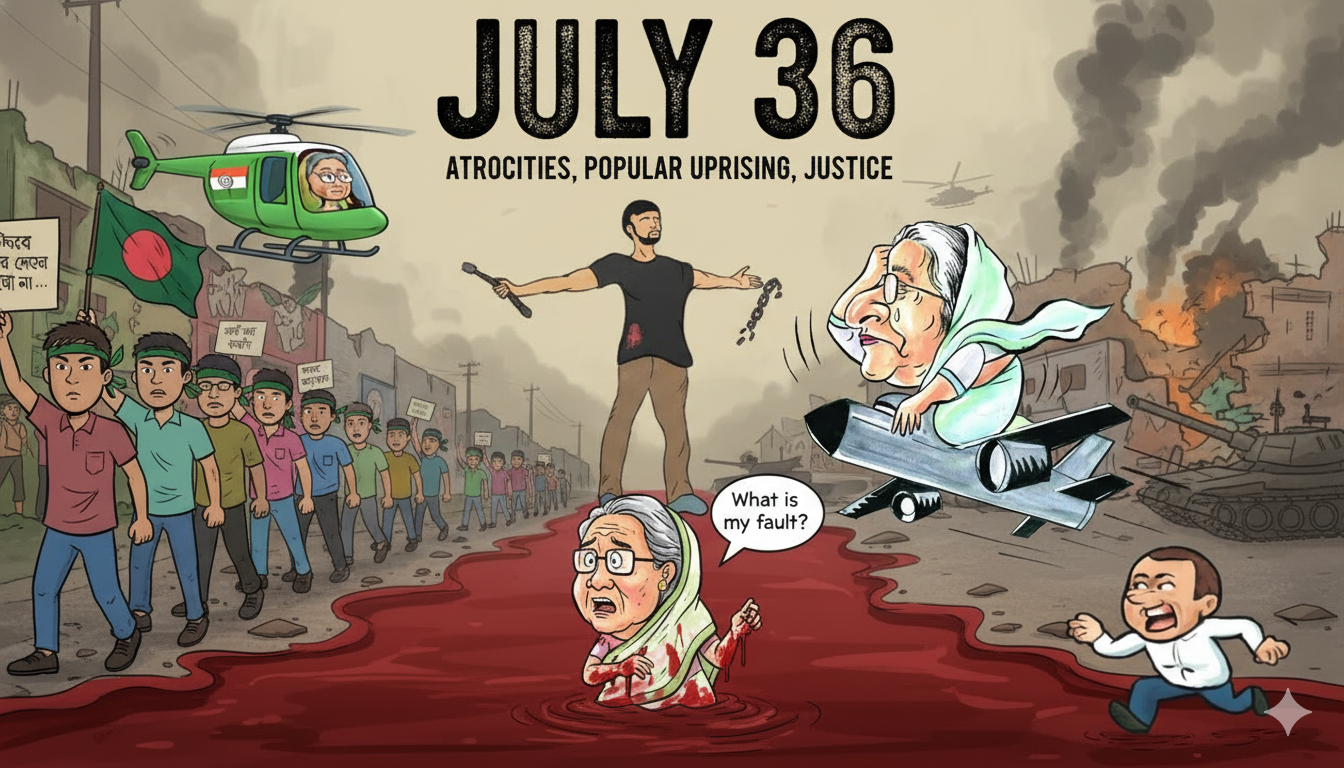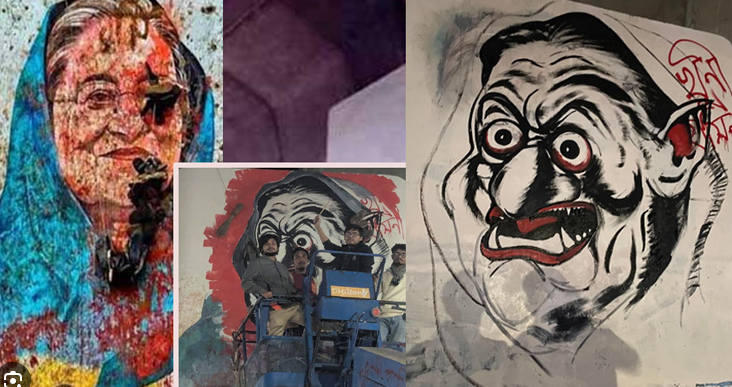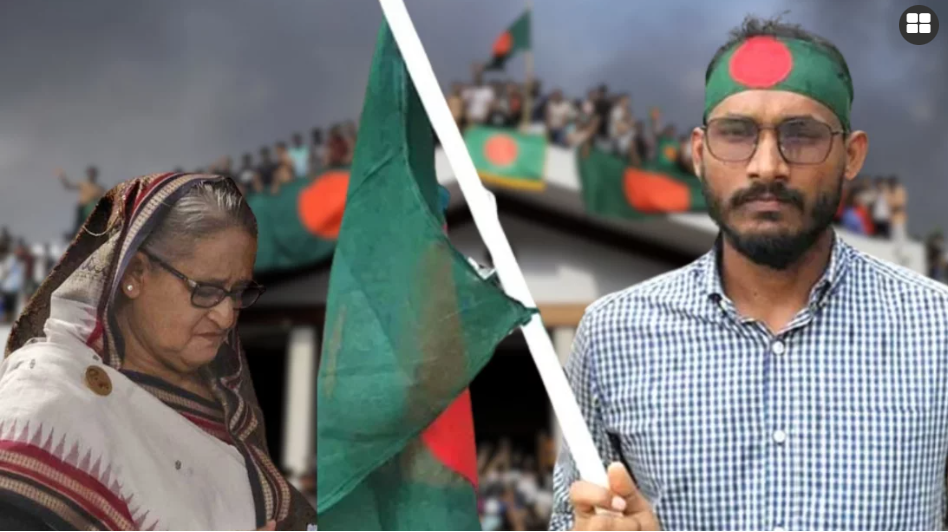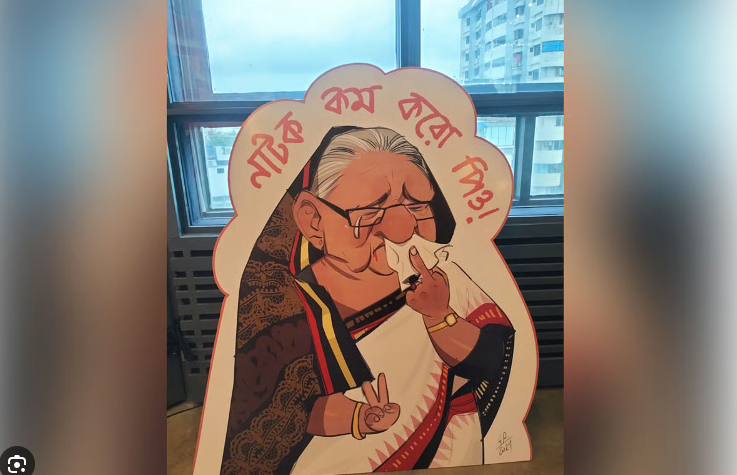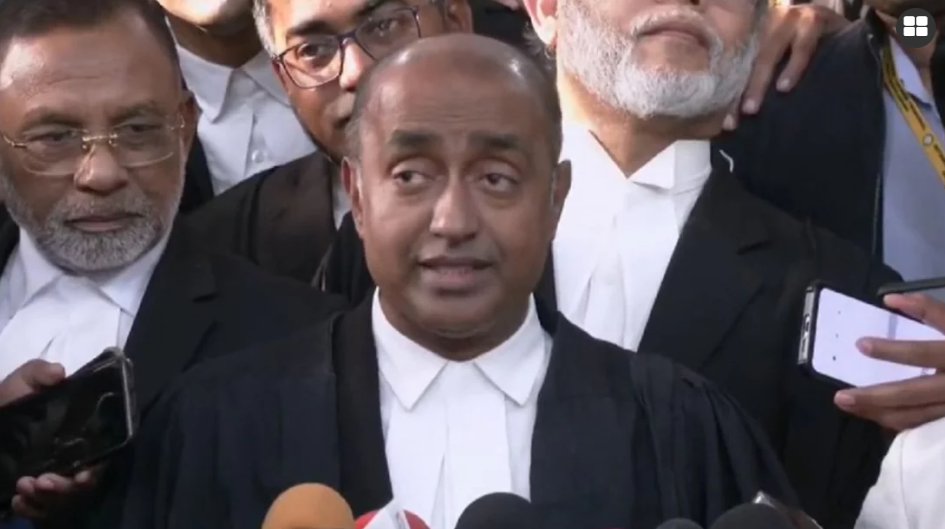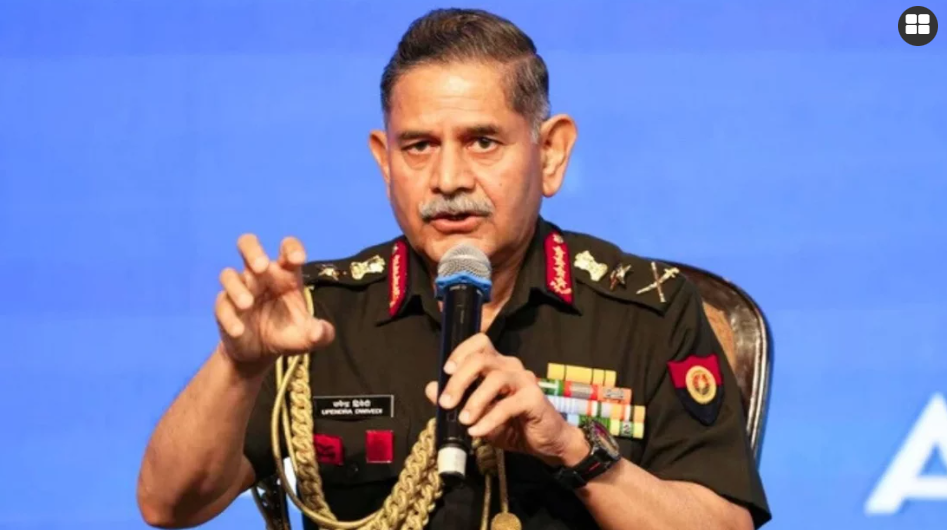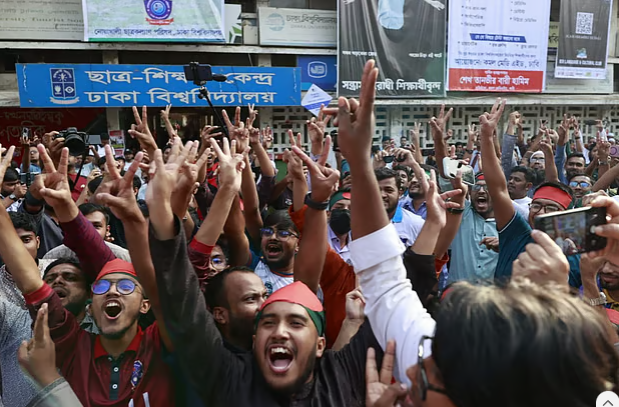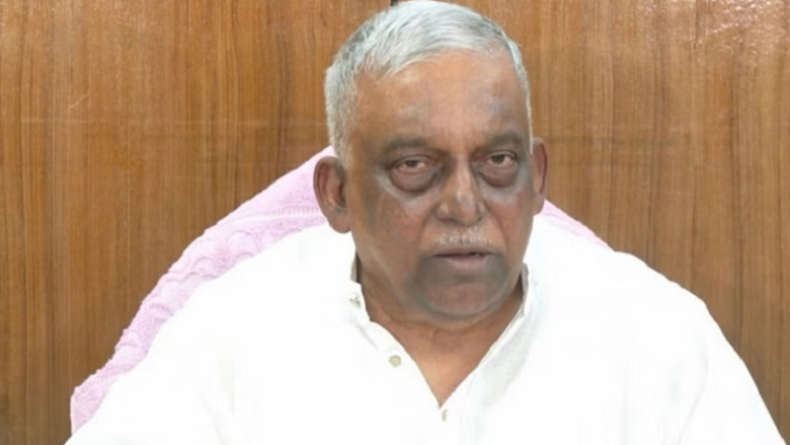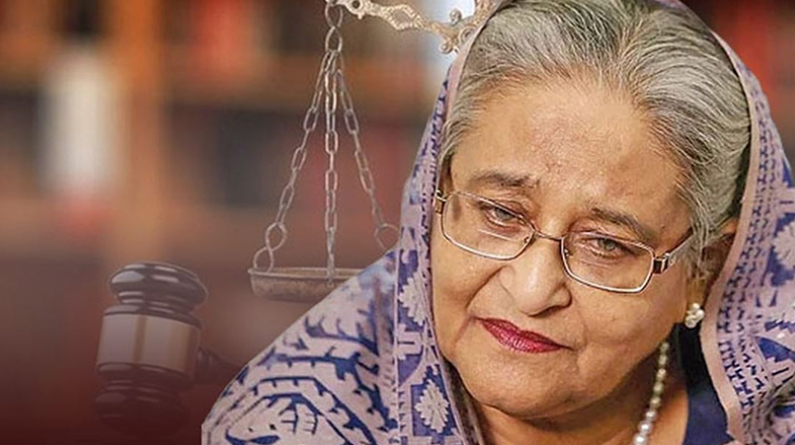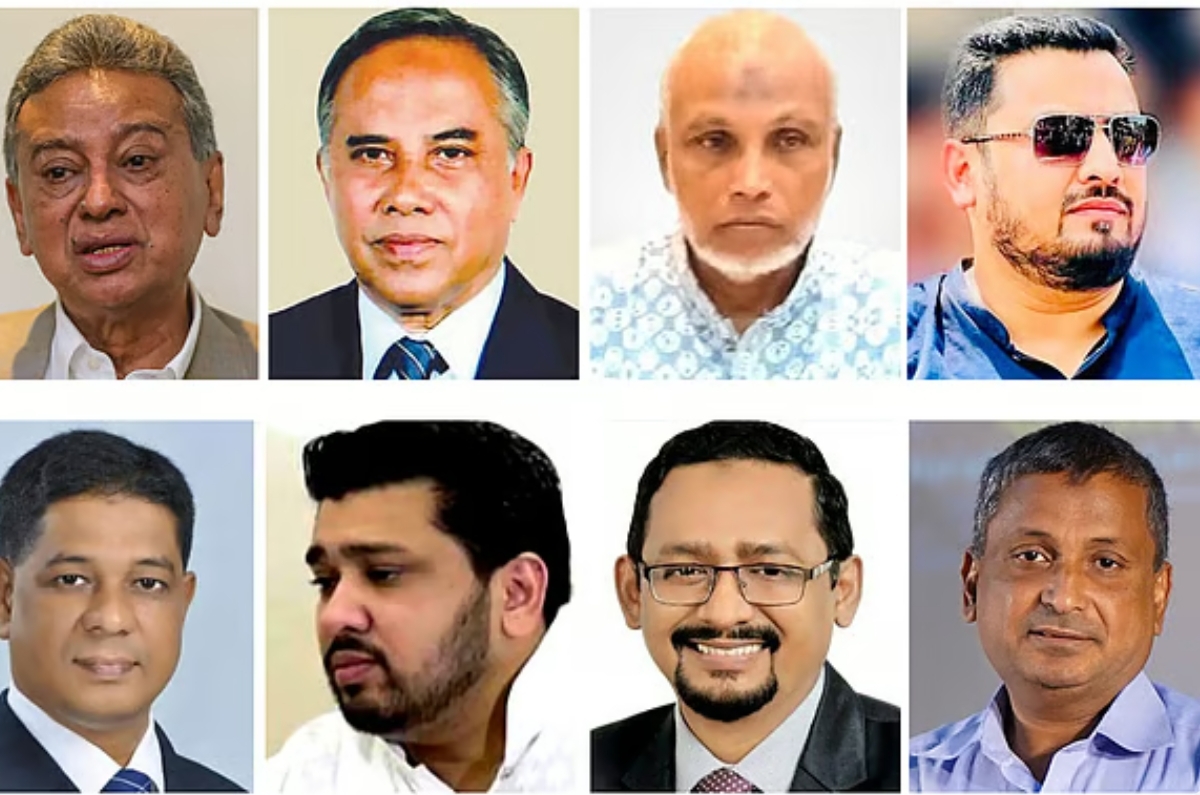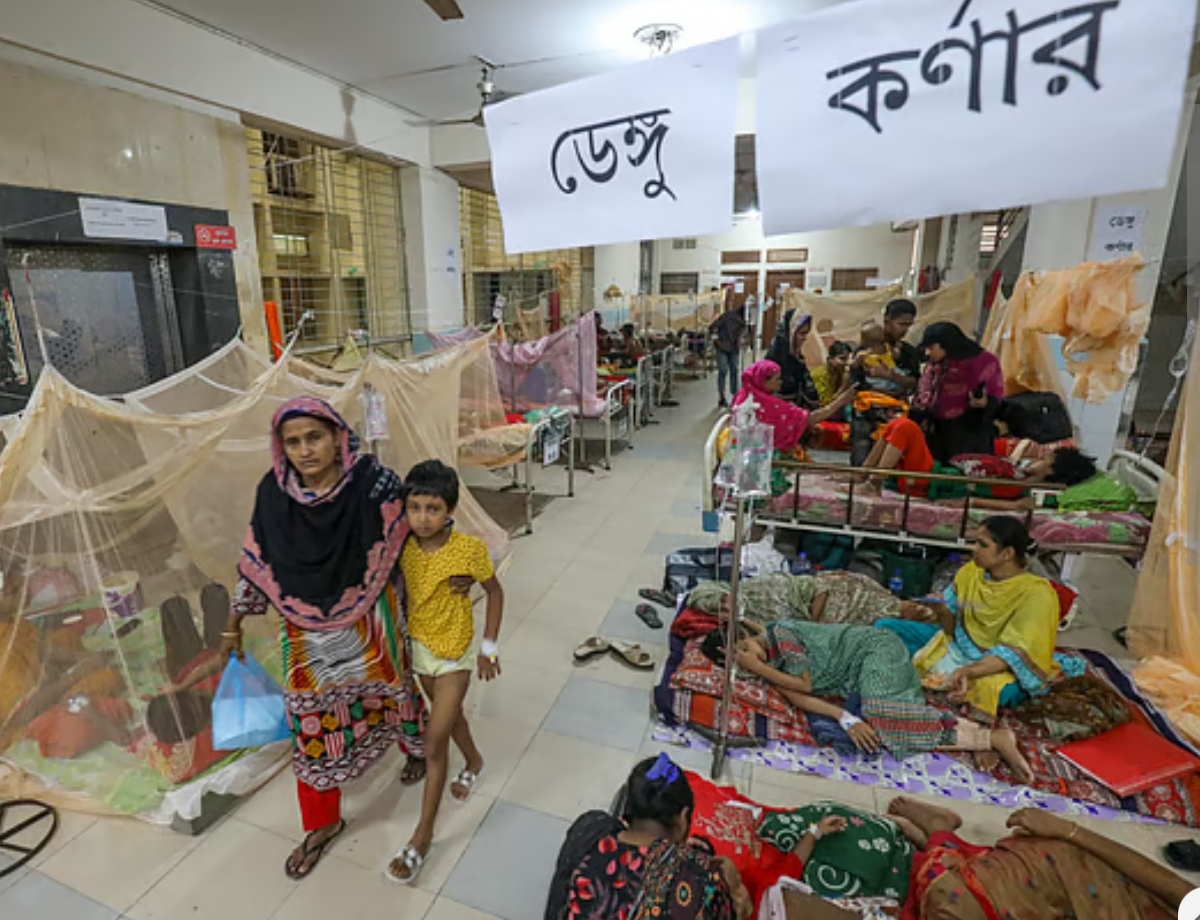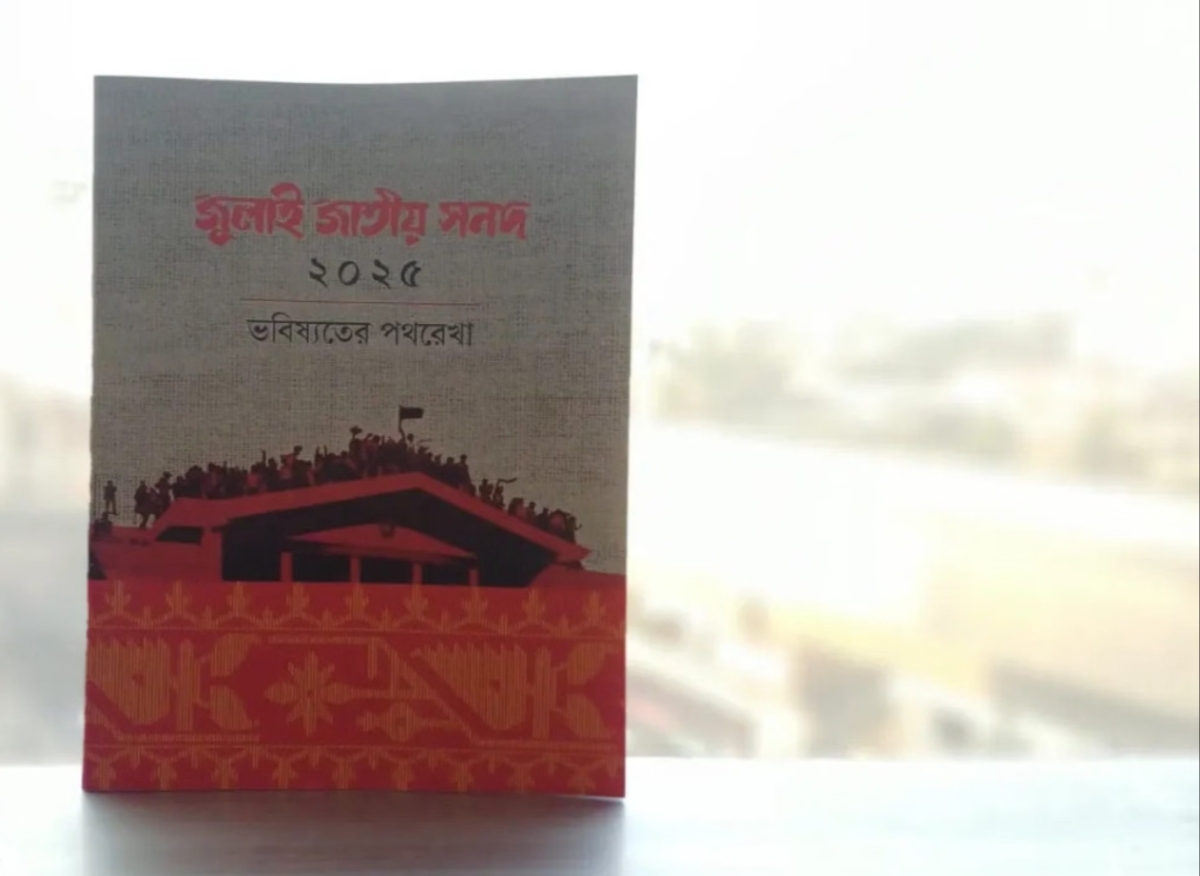How prominently did the international media cover the news about the verdict handed down against Sheikh Hasina

- Update Time : 03:58:18 pm, Monday, 17 November 2025
- / 27 Time View

On Monday, the International Crimes Tribunal-1 handed down a death sentence to Sheikh Hasina for crimes against humanity linked to the July uprising. The verdict received extensive coverage across global media, including Reuters, AFP, BBC, CNN, Al Jazeera, and The Guardian. Several outlets, such as BBC, Al Jazeera, and multiple Indian channels, aired the news live.
The BBC ran the headline: “Former Bangladeshi leader given death sentence over brutal protest crackdown.” Its coverage suggested that New Delhi may now face growing international pressure over Hasina’s extradition, though the likelihood of India sending her back remains slim.
Reuters titled its story: “Ousted Bangladeshi PM sentenced to death over repression of student protests.” The agency reported that, after months of legal proceedings, the tribunal delivered the judgment against the former prime minister. It noted that Hasina was found guilty of ordering lethal force during the student-led uprising—just months before national elections scheduled for early February.
Reuters also highlighted reactions from Hasina’s son and adviser, Sajeeb Wazed, who told the agency before the verdict that no appeal would be filed until an “elected government with Awami League’s participation” is restored. Alongside Hasina, former Home Minister Asaduzzaman Khan received a death sentence, while ex-Inspector General of Police Chowdhury Abdullah Al-Mamun was given a five-year prison term.
AFP led with the headline: “Bangladesh ex-prime minister sentenced to death for crimes against humanity.” Its report said that the announcement prompted cheers inside the packed courtroom. According to AFP, Hasina had been instructed to return from India to participate in the trial related to the crackdown during the student uprising, but she did not comply. The agency added that the long-awaited verdict was broadcast live nationwide, coming before the first general election since her 2024 ouster.
Al Jazeera’s live coverage bore the headline: “Bangladesh’s Hasina sentenced to death for crimes against humanity.” The network reported that the tribunal held her responsible for orchestrating the violent response to last year’s student-driven mass protests. The channel described the former leader—now 78 and in hiding—as the “chief architect” of the deadly suppression, which left roughly 1,400 people dead.
CNN published its report under the title: “Deposed Bangladeshi leader handed death sentence for crimes against humanity.” It said Hasina was convicted of ordering forceful action against student demonstrations that eventually toppled her government.
The Guardian also covered the development with the headline: “Bangladesh’s former prime minister sentenced to death for crimes against humanity.” It wrote that the tribunal delivered the verdict in Hasina’s absence, holding her responsible for the fatal crackdown on the previous year’s uprising.
India’s newspaper The Indian Express framed the story as: “Hasina’s death sentence: What comes next?” Its report noted that she was sentenced under the same tribunal she had established in 2009, originally intended for prosecuting wartime atrocities, which has now ruled against her.
Another Indian outlet, The Hindu, streamed its report with the headline: “Bangladesh’s ousted PM Hasina and ex-minister Kamal sentenced to death in protest crackdown case.” The paper said the judgment came after months of hearings over allegations that Hasina ordered harsh measures against student-led demonstrations.
Pakistan’s Dawn headlined its story: “Bangladesh’s ousted PM sentenced to death over student protest crackdown.” The outlet observed that the verdict followed several months of trial proceedings and comes shortly before the parliamentary election expected in early February.



